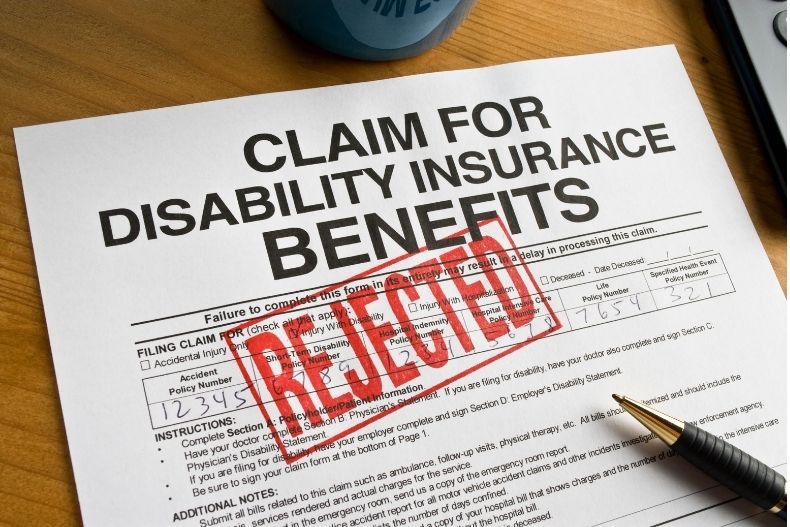Choosing the right insurance cover can be challenging, regardless of which type of insurance product you are after. Insurer policy details are generally quite detailed, and the many clauses can be tricky for the average person to decipher. What’s more, when the time comes to claim, some of the small print can leave you at a massive disadvantage. Group disability insurance is no different, and consumers who have the policy often need to rely on a legal expert to settle claims.
Even though the policy is suitable for businesses to cover their employees and themselves in the unfortunate event that an employee should become temporarily or entirely disabled, the policy does have its own unique set of downfalls that you should also consider. Before purchasing group disability insurance for your employees, you should consider the benefits and disadvantages of the policy before deciding.

Benefits Of The Policy
One of the most prominent advantages of group disability coverage is that the policy’s cost is quite pocket-friendly compared to purchasing individual disability coverage for all policy dependents. This benefit makes it perfect for business owners. The low price is because the monthly premiums are merged into one fixed price. At the same time, another advantage for employees is that employers generally pay a portion of the monthly insurance premium, which will be taken from the employees’ income before taxes. In addition, most group disability policies don’t insist on physical examinations, which means no one can be denied the cover. While a group disability plan generally covers most illnesses and injuries, some people choose to purchase supplemental insurance for extra coverage. What is supplemental insurance? This type of plan pays benefits above and beyond the coverage you carry either through a group or individual policy.
Downfalls Of The Policy
The most major downfall of group disability insurance is that it is not nearly as flexible as individual disability cover. The policy is also not portable, so employees cannot continue on the same plan after changing jobs or when their employment comes to an end. Therefore, if an employee needs to claim from the policy shortly after their employment contract ends, they will no longer be covered, and the claim will be rejected. In addition, the policy premiums will increase over time, and the policy benefits can be offset by workers’ comp insurance, social security, and other types of policies that employees would otherwise be able to claim from when they need to.
Choosing The Right Cover For Your Employees
When covering your employees with specific insurance policies, such as disability insurance and life insurance that will also protect your business from financial harm, it is generally best to opt for insurance that has more benefits than downfalls. It is best to compare policies in the same category to determine which has the most advantages. In some cases, group disability insurance is suitable, despite the few downfalls. In contrast, in other cases, it may be best to provide your employees with individual disability cover or give them the option.
With that said, you should also ensure your business is protected with all the right policies, such as workers’ comp insurance, liability insurance, premises insurance, and various others. It is generally never wise to choose a low premium price over value for cover, as this will be a mistake when the time comes to claims.